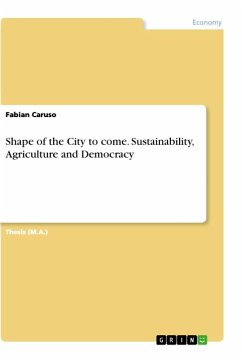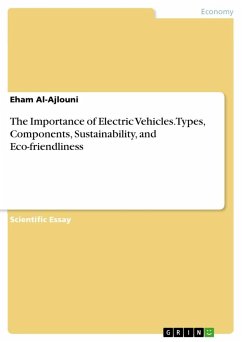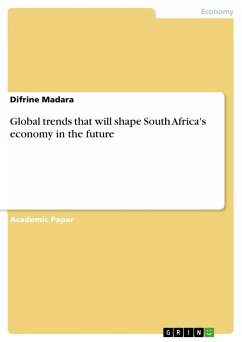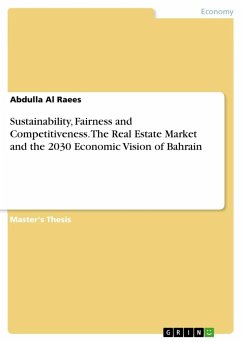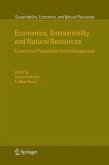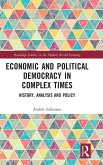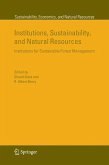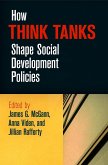Thesis (M.A.) from the year 2019 in the subject Economy - Environment economics, grade: 110, University of Rome "La Sapienza" (Unitelma Sapienza), course: International Cooperation, Finance and Development, language: English, abstract: My aim is to draw a model not just shaped on the present, but also on our heritage and traditions reflected upon tomorrow. In fact, the objective of this thesis is to concretely imagine and propose the shape of our future city, as a place to live and breathe in, for us and the generations to come. My multifaceted approach embraces political, cultural, economic and social aspects - represented by three pillars, developed into three chapters. Fundamental for understanding my thesis is the fact that although separate, these interdisciplinary elements build a unique structure. That means that a single element does not reach its full potential without the interaction of the other two. A first pillar and key factor for the success of the future urban area is a new way of planning and perceiving our surroundings. Rural and urban elements have to merge into a unique picture and a certain degree of de-urbanization, which basically means inverting the current trend of urban territorial and demographic expansion, needs to be addressed. The cities as we know them are proven to be unsustainable and unbalancing on a local and global scale. Therefore the objective is to facilitate sustainable progress in every city, town and region, instead of concentrating population in dense metropolitan areas. The second pillar is agriculture and urban agriculture, the correlated food independence and agricultural self-sufficiency of the new urban network. A metropolitan area and its surroundings, in the best case won't need to import food products and will be self-sufficient for the most part, thus reducing import and export, traffic and pollution. Also health, transparency, community sense and better environment will be tangible results. The third chapter is dedicated to the development of a sustainable culture and way of life, including political empowerment. This means positively redefining consumption and decision making through education and public awareness, parallel to a progressive responsibility assumption process and the enhancement of a broad community concept. A new way of taking decisions, closer to the people and to the center of the decision itself has to be pursued on various levels. This translates into deep development of urban areas based on local particularistic solutions, instead of exclusively top-down decisions.
Hinweis: Dieser Artikel kann nur an eine deutsche Lieferadresse ausgeliefert werden.
Hinweis: Dieser Artikel kann nur an eine deutsche Lieferadresse ausgeliefert werden.

